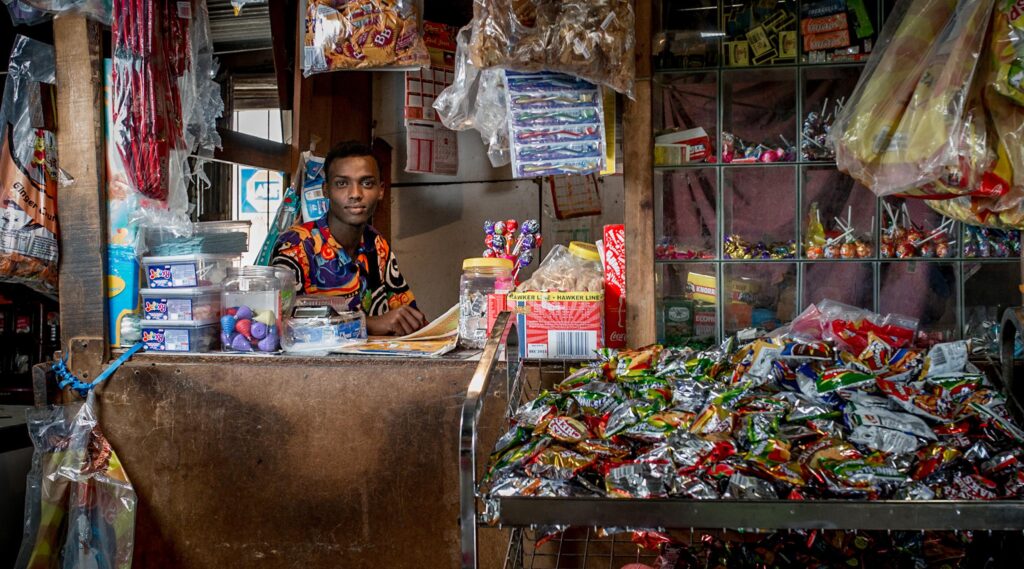Urban Food Governance Perspectives in Changing African and Southern Cities
The key urban food governance question in African and other Southern cities is understanding the role that appropriate infrastructures could play in delivering positive outcomes in the urban food system. This discussion paper looks at urban food governance needs in African cities and reflects on the governance actions required in order to respond to wider […]
Urban Food Governance Perspectives in Changing African and Southern Cities Read More »

